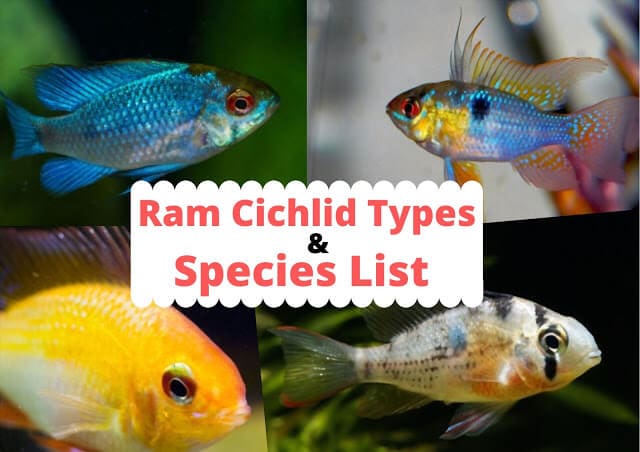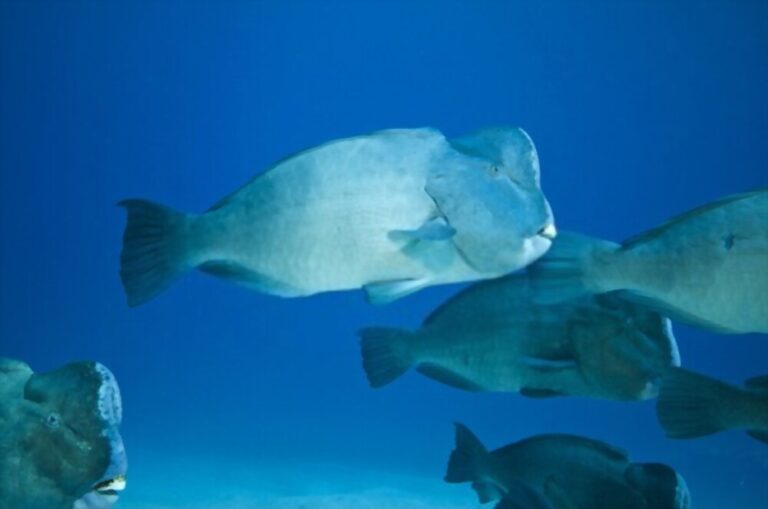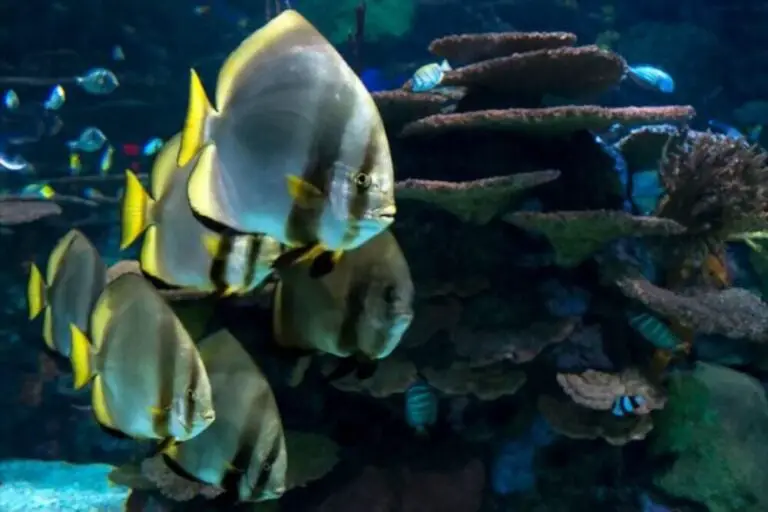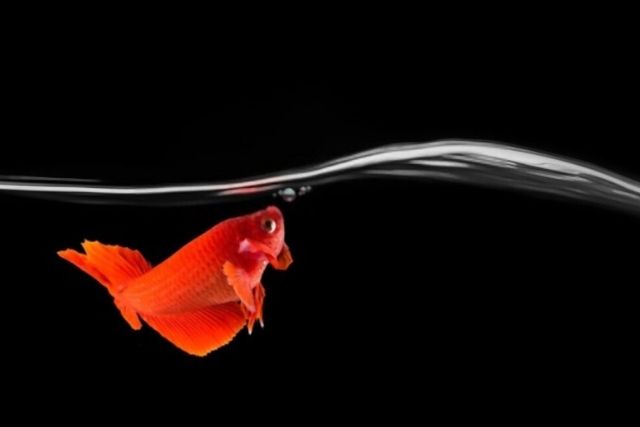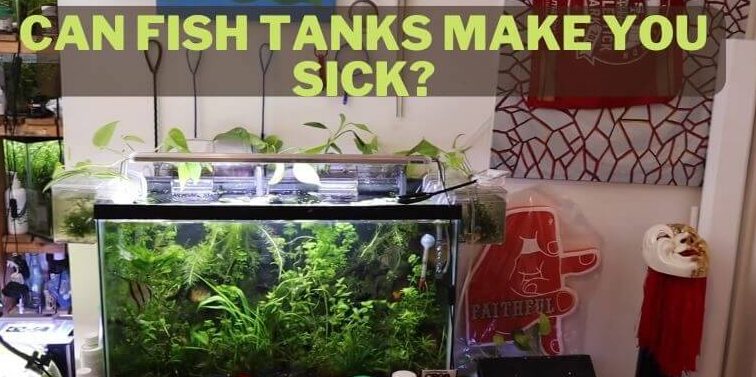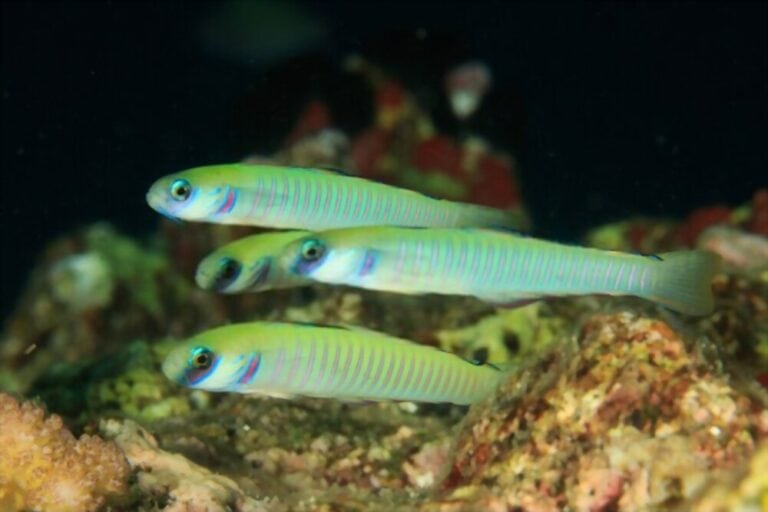Do Ponds Need Heaters? (Answered!)
Ponds are not an easy thing to maintain, and maintaining the temperature of the pond is not an easy task to do. But heaters are widely used for keeping the temperature in an optimum condition. That’s why many fishkeepers asked about do ponds need heaters.
You can use a pond heater to keep the specific area of the pond under optimum conditions for fish, but a heater is not the thing to keep the temperature of the whole pond in optimum condition.
Do You Need To Heat An Outdoor Pond?
On a general note, you do not need it in the outdoor pond except in winter. However, heaters are utilized more frequently in aquariums, especially those holding warm-water fish like tetras or angelfish.
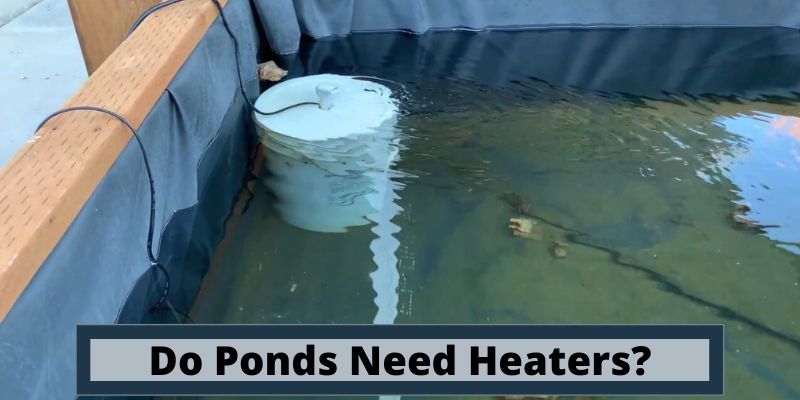
The fish in the pond can survive the winter without a heater, even in below-freezing temperatures.
In the outdoor pond, fish hibernate as the temperature drops throughout the winter. They will not eat, their metabolisms will drastically slow down, and they will not be concerned about how warm their water is as they sleep through the winter.
It is difficult to heat outdoor ponds due to the larger surface area. For that, you need to consider maintaining a hole in the ice rather than installing the heater in the outdoor pond if you reside in an area with freezing weather that causes your pond.
So, fish require fresh O2 since the hole lets poisonous chemicals like ammonia escape while enabling oxygen to enter.
Should I Heat My Fishpond In Winter?
It would be best to consider heating your fishpond in winter to maintain the temperature of about 12 to 24°C for the survival of fish in water.
This difference is necessary since many commercially available “heaters” work to prevent surface ice formation rather than sustain water temperatures.
These small-scale floating heaters, often known as deicer, offer their own advantages but should not be bought if your goal is to keep the water temperature steady in bigger ponds.
Therefore, you need to add a pond warmer as soon as winter temperatures start forming ice. Pond heaters prevent a small, circular region from freezing but do not warm the entire pond.
This tiny space is crucial because it facilitates the exchange of air and pond gases. Never attempt to shatter the ice on top, as this could hurt the fish below by sending shock waves.
Pros of Having Heaters In Ponds
There are many advantages of heating pond water, but these advantages frequently come at a high expense and may not be appropriate for all pond types. Pros of having heaters in ponds are given below.
Reducing Shock
The main advantages of heating pond water include:
- Lowering shock when introducing fish to cooler waters.
- Upholding a more stable ecosystem.
- Being able to feed all year round.
- Preserving brighter colors and patterns.
Reduce Sickness
Keeping the water temperature constant is a wonderful strategy to make your fish heavier because warmer temperatures prevent them from hibernating, allowing you to feed them all year long.
This will prevent them from losing weight over the winter and keep them healthier from parasites and diseases.
Active Immune System
Your fish will benefit from maintaining a consistent temperature in your pond in terms of their health. The fish’s immune system will remain active if the pond is maintained at a normal and consistent temperature over the winter and spring months.
Cons of Having Heaters On Ponds
With the pros of heaters, there are some cons of having heaters in ponds which are listed below.
Expensive
How much will heating my pond cost is the most important question for fish keepers researching heating options.
Even while efficiency in technology has advanced significantly, many typical heaters still cost a lot to run monthly, and this cost will be directly correlated to the amount of water in your pond system.
No Temperature Controls
Heaters in ponds do not provide constant temperature overall the pond. They have non-adjustable temperature control.
Need To Reset
After some time, the heater would require a reset or realignment to ensure optimum performance.
How Do I Make My Pond Water Warm?
It is also crucial to consider where you are. You may not need to heat your fishpond if it just occasionally freezes over during the winter (once or twice for only a day or two at a time).
If a pond has been winterized, fish can survive in an iced-over body of water for a few days. If the pond’s surface does ice indeed over, make a hole in it with some warm water to allow for adequate gas exchange.
Also, Keep in mind that attempting to heat an entire pond will be expensive. The cold surface will swiftly remove any heat you add to a pond because most ponds are not insulated. You can warm pond water by following options.
De-icer
The ice is broken up by a deicer that floats on the water’s surface. Deicers melt a hole in the ice sheet, allowing for a gas exchange instead of heaters that warm the entire pond.
Aerator
An aerator, such as the Pond Air (for smaller ponds) or Pond Aerator (for bigger ponds), circulates the water below the ice sheet rather than cutting a hole in it from above.
When temperatures drop, an aerator might not be sufficient to maintain a vent hole. However, subsurface water circulation will sustain a hole in the ice in regions with moderate winters.
De-Icer & Aerator Combo
The Pond Air and Thermo-Pond Combo is a fantastic and practical choice to consider. It combines the Aeration Kit and Thermo-Pond deicer that provides water circulation.
How Do I Keep My Pond Warm Naturally?
To keep pond water naturally warm in winter, go through the steps below.
Water Depth
Making your pond deep is one of the most all-natural techniques to maintain its condition. A deep pond aids in temperature regulation whether you reside in a climate that experiences summer or winter.
Add a Pond Cover
Pond covers might be the perfect solution if you only need a little insulation. A pond cover will assist the water in retaining its heat by blocking the chilly winter winds, and as a bonus, it will keep leaves and other waste out.
Choose a cover supported by beams or straps rather than one that rests directly on the water to enable space for gas exchange and prevent snow or rain from weighing it down.
Water Floats
These interfere with the growth of ice crystals on the water’s surface as the wind blows them from one location to another.
What Type of Pond Heater Is Best?
In winter, the water surface freezes in the ponds, which causes difficulties for creatures in the water.
In terms of temperature, the ice itself might not pose a significant issue for your pond. However, the lack of oxygen and gas buildup is unquestionably a problem for your pond’s fish. Heaters are necessary to remove ice and maintain the temperature in water.
In-line Electric Pond Heaters
In addition to your pond’s plumbing system is an inline electric water heater, which gradually warms the entire pond as water flows through it.
An inline heater’s function is full water temperature management; when it is operating, it raises the temperature of the entire pond by a few degrees, in contrast to a floating heater, which is intended to maintain a section of surface water open for gas exchange.
Immersed Electric Pond Heaters
An immersed heating element made for use in big aquarium tanks is the most affordable and straightforward option.
These are remarkably like the tiny aquarium heater, but they have a lot more heating capability! By this, you can easily create a warm zone within your pond for your fish to hide throughout the winter if placed correctly.
Floating Deicer
A floating deicer that floats on top of the water surface is a more popular kind of pond heater. Instead of raising the water’s overall temperature, this device keeps a constant ice-free surface area open to allow for gas exchange.
Do Koi Ponds Need Heaters?
Koi ponds do not need heaters as they are cold-blooded animals. Koi fish can endure the water’s cold temperature. Thus there is no need to heat your koi pond.
Koi may be protected against bacteria and parasites that thrive in cold waters by heating the pond in the winter to preserve ideal water temperatures.
Do Goldfish Ponds Need Heaters?
Not all goldfish need to be kept warm. The common goldfish is tolerant to cold water. The ideal temperature range for goldfish is between 60 to 70o°F.
Even in water that is below freezing and below 60°F, common goldfish can survive. This is because they have a slower metabolism and eventually hibernate.
On the other hand, Fancy goldfish cannot endure such chilly conditions. If the temperature falls to the 60°F, they can quickly die.
Final Thought
It is important to keep the temperature of the pond under suitable conditions for fish, especially in the winter. In extremely cold conditions, ponds need heaters due to the animals living in the pond can not get sufficient oxygen due to the layer of ice.
Often times the water becomes ice in the winter, and the many fish and aquatic animals in the pond can not survive this condition.
Read more,
